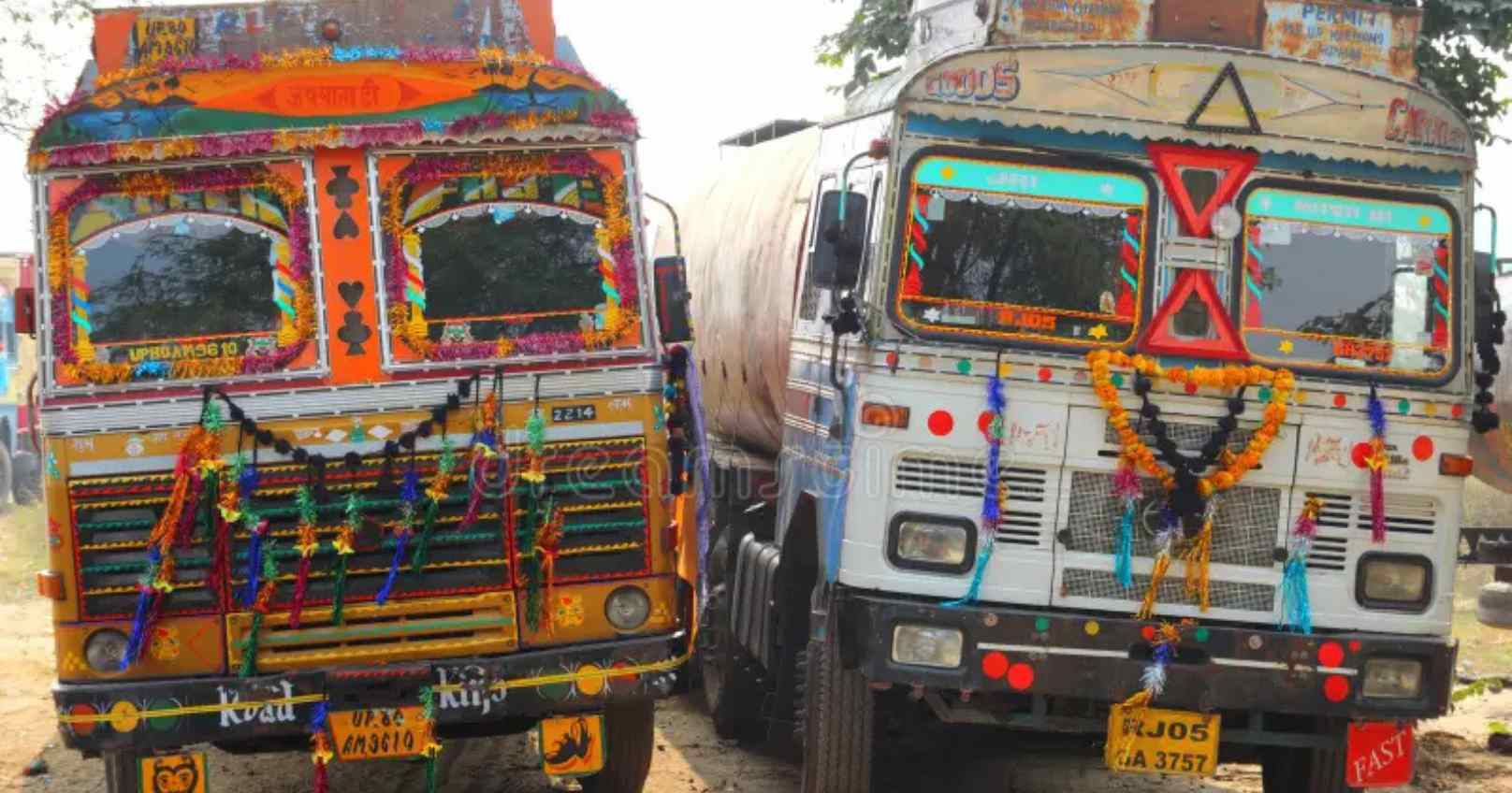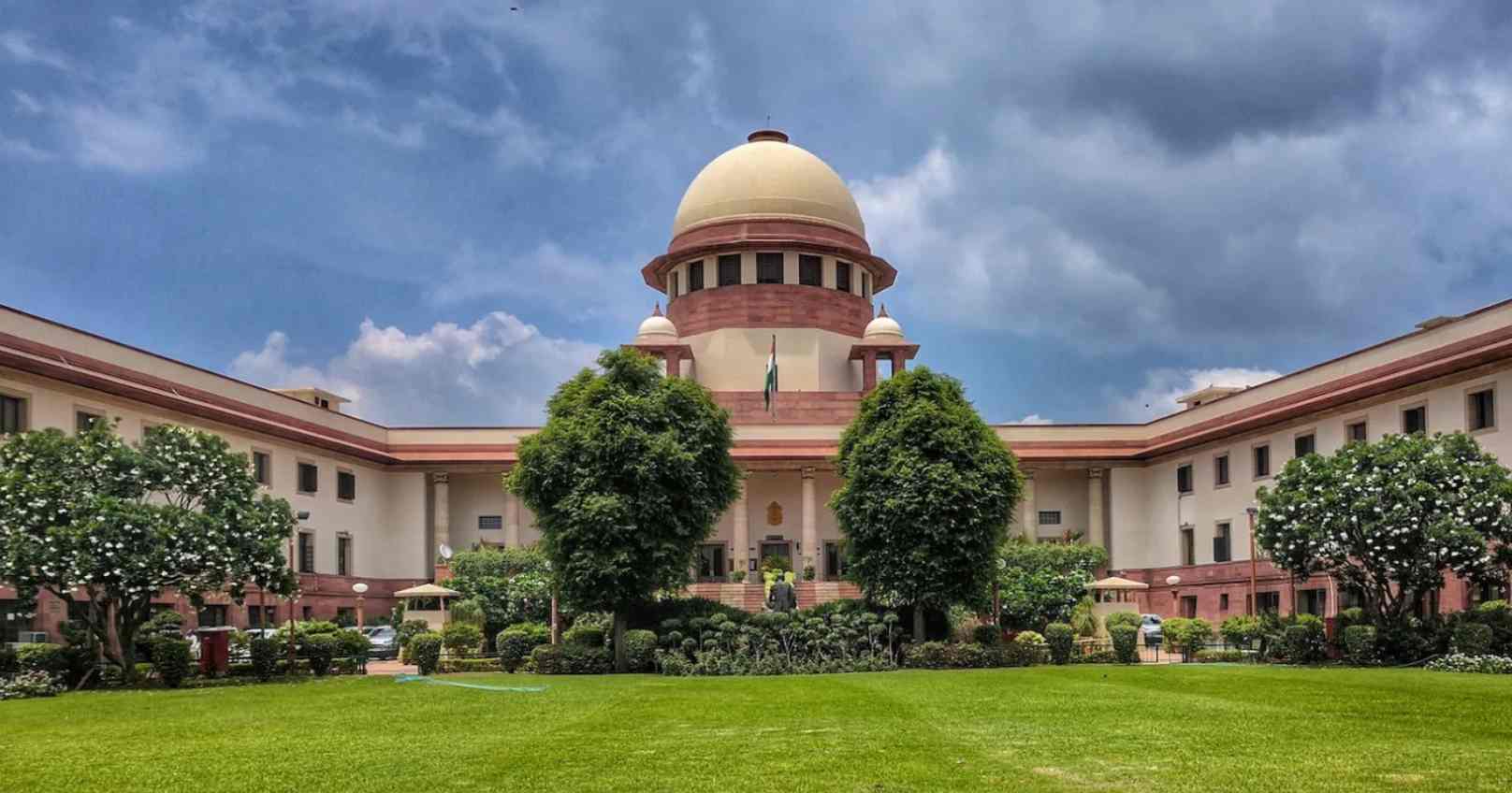In a relief to thousands of drivers, the Supreme Court ruled on Wednesday that those holding a Light Motor Vehicle (LMV) license are legally permitted to operate transport vehicles weighing up to 7,500 kilograms. The decision by a five-judge Constitution bench led by Chief Justice of India DY Chandrachud safeguards the livelihoods of many drivers who risked job loss or additional training under restrictive licensing interpretations.
This ruling is a setback for insurance companies that had been denying accident claims if the driver lacked a specific transport vehicle endorsement on their LMV license. The court's decision could streamline claim approvals for such drivers, particularly in cases involving lighter transport vehicles.
Road Safety and Licensing
Addressing road safety concerns, the court highlighted that factors such as seatbelt non-compliance, mobile phone use, and alcohol consumption are major causes of accidents, rather than the type of license held by drivers within the 7,500 kg limit.
The court made an observation about biases in perceptions of driver skill, noting that public views on road safety are often subjective. Quoting comedian George Carlin, they remarked, "Anyone driving slower than you is an idiot, and anyone going faster is a maniac," to emphasize the gap between perception and data.
Simplified Insurance Claims
The ruling is expected to ease the process of filing insurance claims for LMV license holders driving vehicles within the weight threshold, prompting the bench to suggest updates to the licensing framework. “This judgment will assist LMV drivers in making insurance claims when operating vehicles up to 7,500 kg,” the court stated, urging suitable legislative amendments to address licensing inconsistencies.
Focus on Updated Licensing Regulations
The bench also commented on the need for India’s licensing system to adapt to new transportation realities, such as autonomous vehicles and app-based services. They noted, “The amendments to the Motor Vehicles Act do not fully address the demands of modern transportation,” and welcomed the Attorney General’s assurance of an ongoing legislative review to close existing gaps.







